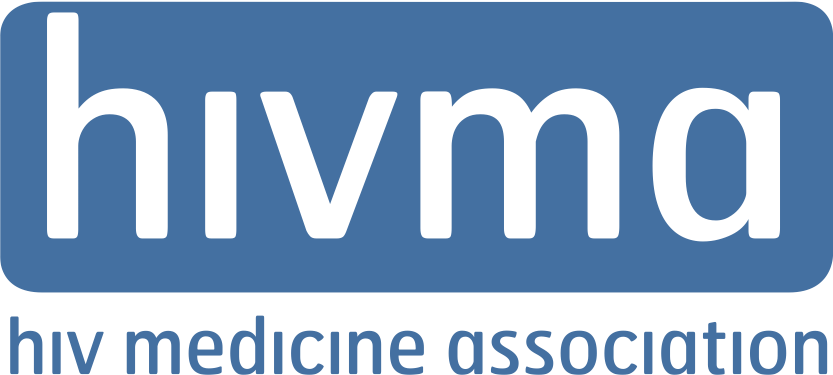Senate Subcommittees Takes Important Step Toward Ending HIV While Resources to Address Concurrent Epidemics, Housing Remain Critical, but Unaddressed
The Senate Labor, Health and Human Services and Related Programs Appropriations subcommittee’s allocations of funding for the Ending the HIV Epidemic initiative in its proposed budget for 2020 represent a significant step toward an ambitious, critical, and achievable goal. While this initiative embraces major advances and shows commitment to public health progress, however, the bill’s lack of new resources to confront increasing rates of hepatitis C and sexually transmitted diseases with insufficient support for addressing opioid-related infectious diseases, falls far short of the response to these concurrent epidemics that is needed.
With a goal of reducing new HIV cases by 90% within the next decade, the Ending the HIV Epidemic initiative could eliminate the public health threat of new HIV transmissions in the U.S. The funding bill proposed in the Senate supports the initiative’s plan to expand access to HIV testing, prevention and treatment, while speeding responses to new case clusters by including:
- $140 million in new funding for targeted HIV prevention at the U.S. Centers for Disease Control and Prevention;
- $70 million in new funding to bolster the Health Resources and Services Administration’s Ryan White HIV/AIDS Program;
- $50 million in base funding for HRSA’s Bureau of Primary Health Care to expand PrEP through community health centers; and
- $6 million in funding for NIH’s Centers for AIDS Research to disseminate best practices based on state-of-the-art biomedical research.
While the subcommittee’s support of the initiative is welcome, we urge for the initiative to be supported with new funding, including for the community health centers and for implementation science at NIH.
In addition, in light of the nation’s ongoing injection drug use epidemic and its relationship with certain infectious diseases, HIVMA calls on the Senate to:
- Provide at least a $15 million increase for CDC’s opioid-related infectious diseases programming, supported by $53 million in the President’s Budget;
- Provide a funding increase for CDC’s Division of Viral Hepatitis by at least $11 million;
- Provide a funding increase for CDC’s Division of STD Prevention of at least $10 million; and
- Remove language restricting the use of federal funds for syringe service programs.
To improve health outcomes for disproportionately affected minority populations, HIVMA asks Senate appropriators to increase funding for the following programs, which are level-funded in the current bill:
- SAMHSA’s Minority AIDS Initiative by $5 million; and
- The Minority HIV/AIDS Fund by $11.1 million.
In addition, a $63 million cut in funding for the Housing Opportunities for Persons with AIDS included in a bill advanced by the Senate Transportation, Housing and Urban Development, and Related Agencies Appropriations subcommittee is deeply concerning. Stable housing is a reliable predictor of better health outcomes for people with HIV. The Ending the HIV Epidemic initiative cannot be successful if we fail to address basic living needs. A $50 million cut to PEPFAR funding in the Senate State and Foreign Operations Appropriations subcommittee’s bill both from its 2019 funding level, and from the funding put forward by the House also reflects a less than full commitment to using the proven measures at our disposal to end the global impacts of HIV.
Public health advances require equity in access to health services. While the Senate LHHS funding bill is a critical step, a broader commitment is needed to fully address the challenges that prevent progress in preventive, diagnostic, treatment and care services from reaching all of the people who need them.

